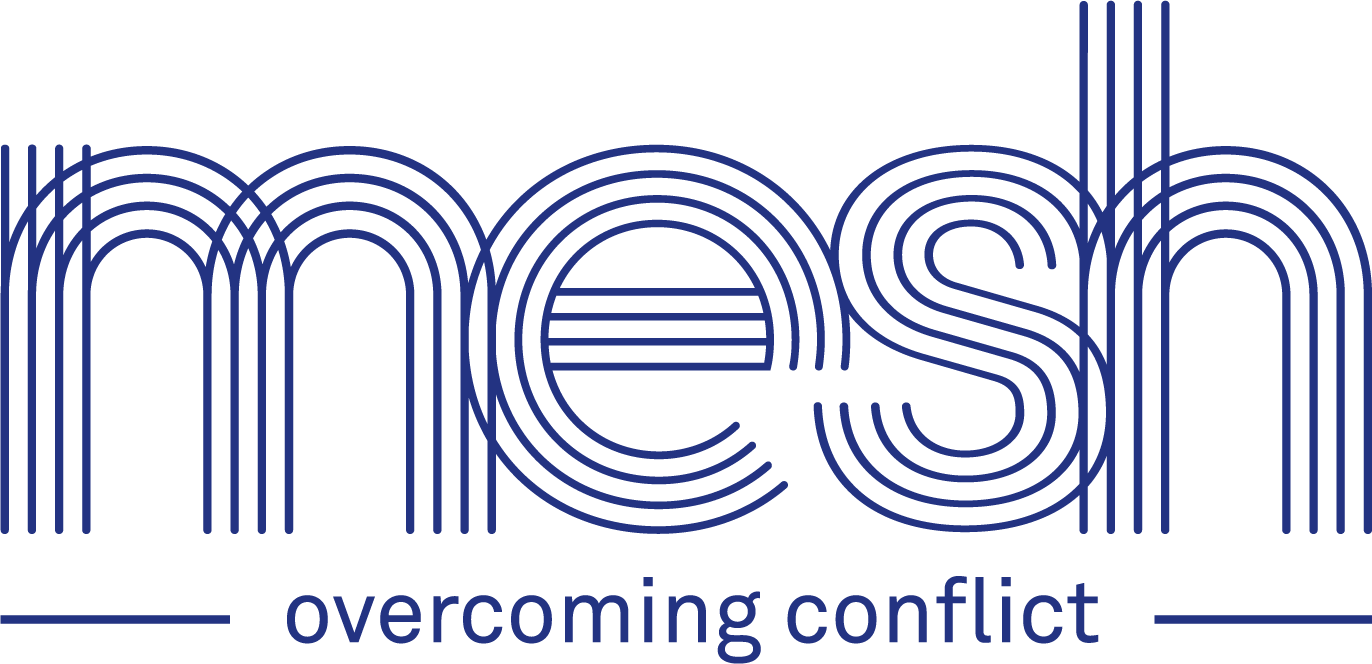Are You a Good Listener? The Truth Might Surprise You
Communication is to conflict resolution what petrol is to a car — you ain't gettin nowhere without it. As Craig wrote in his previous blog post, conflict represents an opportunity for improvement. We are given a chance to reevaluate current practices and come up with better ones — so it pays to 'get good' at dealing with it.
An American study of over 8,000 people employed in businesses, hospitals, universities, the military and government agencies found that almost all of the respondents believed that they were able to communicate as effectively or more effectively than their colleagues.1 By contrast, research also shows that the average person listens at only around 25% efficiency. In layman’s terms, this means that we correctly understand a speaker in only one out of every four instances of communication.2 If we consider the argument that listening is the most fundamental component of interpersonal communication, it is likely that our skills as communicators aren't as advanced as we might have originally thought. It makes sense, therefore, that our first focus for self-improvement should be our ability to listen effectively.
Active Listening
Peanuts Classics by Charles M. Shulz
'Active listening' is a term coined by clinical psychologist Thomas Gordon. It describes a technique whereby the listener actively tries to understand the message of the speaker, rather than just passively 'hearing' what is being said. It involves utilising all of the senses.
As well as giving undivided attention to the speaker, it is important that the ‘active listener’ is also perceived to be listening. If not, the speaker may conclude that what they are saying is not considered important. You can show your interest using both verbal and nonverbal indicators such as eye contact, nodding your head or by simply saying "Mmm hmm" to encourage the speaker to continue. Providing this feedback to the person speaking will likely make them feel more at ease and thus free to communicate more easily, openly and honestly.
Few of us are active listeners by nature. Although true proficiency can require time and practice to develop, active listening can make a huge difference to the quality and efficiency of your interactions.
Here, you can find a summary of both verbal and nonverbal cues that you can utilise to show your speaker that you are ready to listen.
But remember...
Amongst all the affirmative gestures, practising open posture, mirroring and summarising, it is easy to forget to engage with what is being said. Active listening requires so much active participation that it is easy to learn and mimic nonverbal signs of listening and not actually be listening at all. If you find yourself in a similar predicament, or feel that active listening doesn't help you to engage with others — don't worry. The fact that you want to better understand others and improve your communication skills means that you are already halfway there. As opposed to cultivating more good listening habits, you could instead try to identify and eliminate bad ones.
Barriers to Effective Listening
Pixabay.com
When we are listening to someone else speak, it is not uncommon for us to be simultaneously formulating a reply while the other person is still talking. What this means, however, is that we are not truly listening to everything that is being said.
Even good listeners sometimes critically evaluate what is said before fully understanding the message that the speaker is trying to communicate. This results in assumptions being made, and the conclusions reached about the speaker's meaning may be inaccurate. Ineffective listening can then lead to misinterpretations and a breakdown in communication.
If we consider conflict situations in particular, there are several unhelpful habits that can prevent us from reaching a resolution. When arguing with someone, we often selectively listen for elements of their argument that we can undermine or use to support our own beliefs. Instead of trying to reach a compromise, we aim to unravel their logic and show that our way of thinking is superior. The most important information exchanged during conflicts and arguments is often communicated nonverbally. Feeling angry towards someone can make it difficult to maintain eye contact with them, but avoiding eye contact can appear to others as an unwillingness to listen or understand.
A solid strategy to improve our ability to manage conflict is to try and eliminate any deconstructive habits that we display when communicating with others. As mentioned above, this logically starts with our ability to listen well. The smallest of changes can have a great effect, and practice is the best way to develop your skills.
So why not try it out — see if you can either enhance your active listening skills or set aside some of your bad listening habits. You might be surprised at how much you've been missing.
1. Haney, W. V. (1979). Communication and interpersonal relations. Homewood, IL: Irwin.2. Husman, R. C., Lahiff, J. M., & Penrose, J. M. (1988). Business communication: Strategies and skills. Chicago: Dryden Press.
For more tips on mediation and conflict resolution, follow MESH on Facebook and LinkedIn. Links to our social media pages can also be found on the homepage of our website.
By Orla Randles (@orla_randles)



